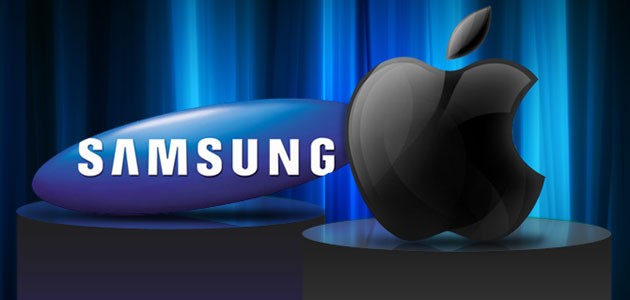Why the high-end phone market is slowing down?
Many analyzers believe that the peak of the high-end smartphone market is reached. Today, the devices are more affordable than two years ago and almost everyone in the world who can afford an expensive phone already have one. That doesn’t mean the whole phone business is shrinking, but it is switching to new consumer patters. Back in the past, the smartphone makers were trying to persuade the users to buy their products. Now, many of them have already used such a high-end device and they would either replace it or left it behind. So, now we cannot expend such a rapid growth like in the past two years. Of course, the market will continue to climb steadily.
The trend in the phone market can be seen in the whole IT sector. Just one example is the PC business. Starting late 80s, the PC sector was growing rapidly to the late 90s. Back then, there was a rapid growth in the number of people having a personal computer. In the 00s, almost everyone has a computer, so the consumer patters shifted to just keep upgrading the existing machines when a new chip came out. The other problem for the business is that when the market is growing, many manufacturers enter it, leading to an increased competition and decreased profits. Same happens with the phone industry.
In order to keep the phone market growth the companies need to offer something unique that consumers will desire to have. Further upgrade of the camera features, batteries and processor performance wouldn’t be enough, because it is not a compelling reason to spend more than $500 for a phone. That’s why, there is a huge potential in the low-end sector. With the decreased prices and upgraded specs the entry level phones would be appealing for those users having featured phones. So, in the future we will see the high-end market slowing down, while the budget-oriented handset sales will be speeding up.
Source: Forbes




